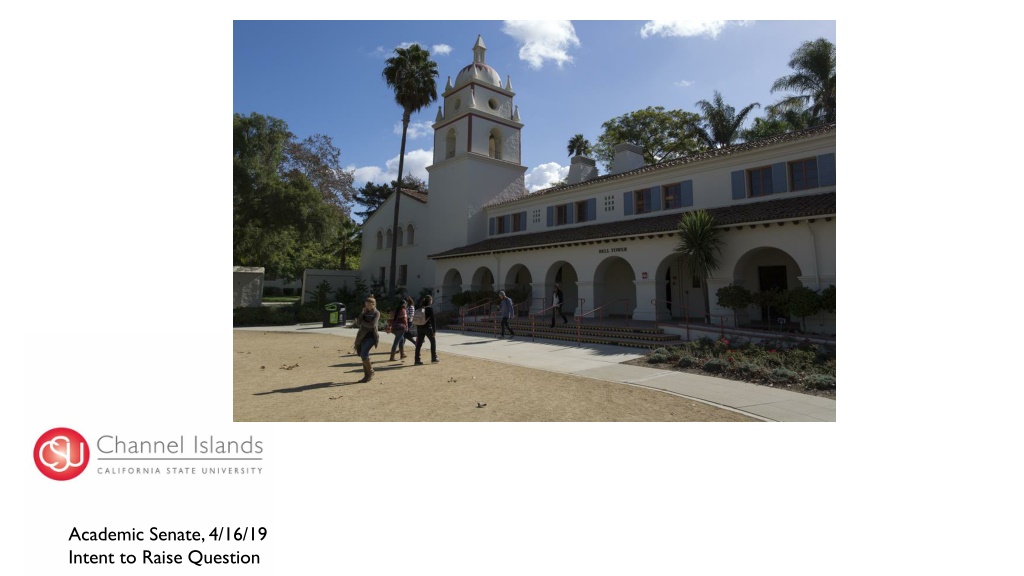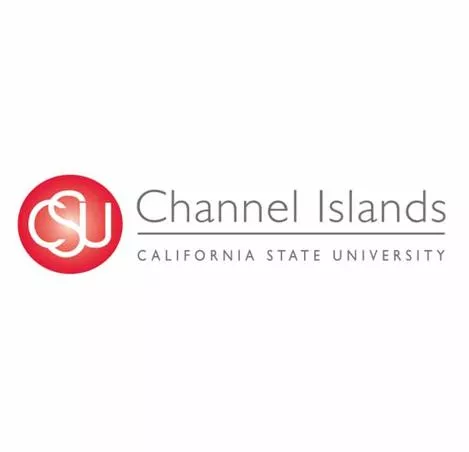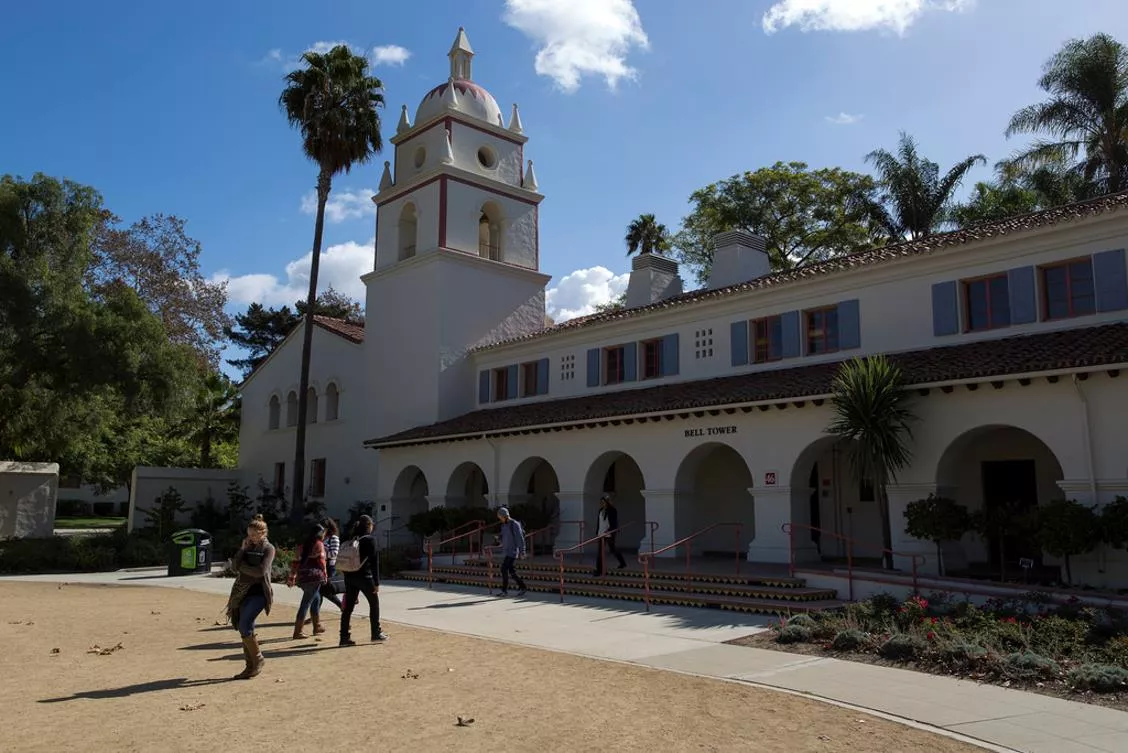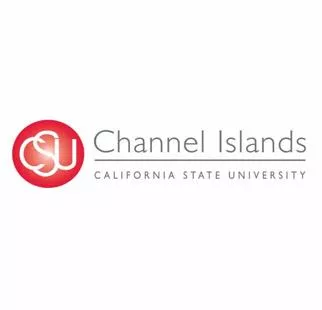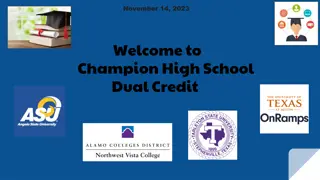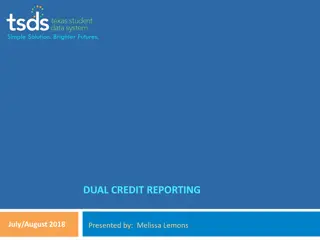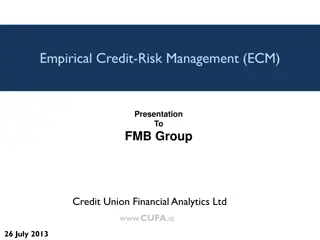Questions on Service Credit Determination and Title IX Policies
The Academic Senate raises questions regarding the process for determining service credit for new tenure-track hires and concerns about documenting complaints of inappropriate behavior in relation to Title IX policies. The responses provide insights into the criteria for service credit evaluation and notifying lecturers of tenure-track hires, as well as the documentation of complaints, campus climate awareness, and the sharing of case types by the Title IX Office.
Download Presentation

Please find below an Image/Link to download the presentation.
The content on the website is provided AS IS for your information and personal use only. It may not be sold, licensed, or shared on other websites without obtaining consent from the author. Download presentation by click this link. If you encounter any issues during the download, it is possible that the publisher has removed the file from their server.
E N D
Presentation Transcript
Academic Senate, 4/16/19 Intent to Raise Question
QUESTION 1.) What is the process for determining if a new tenure-track hire receives service credit for previous work? 2.) What is the process of notifying current Lecturers at CI if there will be a tenure-track hire in their program? John Yudelson Academic Senate, 4.16.19 Intent to Raise Question
ANSWER 1.) Service credit for a new hire is determined by several requisite factors: The candidate must have been tenured or in a tenure-track position at a comparable institution. A comparable institution is identified as a regional comprehensive or similar (not a research intensive or small liberal arts) university, with faculty workload similar to the CSU (i.e. a 4/4 teaching load), with a similar student population (high populations of first generation, Pell-eligible, underserved). The candidate must have demonstrated the ability to be successful in ALL areas required for tenure and promotion (teaching, scholarship, service). If these criterial are met, we may award up to two years of service credit (no more than two years may be awarded). Provost Say Academic Senate, 4.16.19 Intent to Raise Question
ANSWER 2.) Notifications / announcements about tenure-track faculty searches are generally made broadly through multiple forums. There is no separate process for specifically notifying lecturers in any program that a recruitment will be / is being conducted to fill a tenure-track faculty position. Ideally, chairs should inform lecturers in their programs about tenure-track searches for which the lecturers may wish to apply. Provost Say Academic Senate, 4.16.19 Intent to Raise Question
QUESTION About repeat offenders and Title IX Office - With the intent of maintaining a safe space for students, staff, and faculty, the questions I have are about individuals who are repeatedly reported to / charged as offenders of inappropriate contact and behavior: - Do we, and if so when and how, document all complaints, or only those where a victim pursues the matter? - How many students go into the Title IX Office to file a complaint, but leave without completing the action? And do we know whey they do not? - Do we keep track in employee/student files each time an individual is named as a person of concern, in relation to sexucal contact or behavior? If not, how would the institution know if an individually is being regularly charged with inappropriate conduct and behavior and a possible threat? - Can any of the above become policy, if it is not already? - Can the Office of Title IX share / report on the type of cases they are seeing each semester and annually, so that as a faculty we have a better sense of what the actual campus climate is? Theresa Avila Academic Senate, 4.16.19 Intent to Raise Question
ANSWER This past year, I worked with IT to incorporate all cases in our database (Maxient). All cases (employees and students) are now housed in our secure database. If it is reported to our office, we are now tracking it. We have very few students actually file a complaint. The majority of our cases are from incident reports. We track all of our outcomes now, and most cases are closed due to nonparticipation or a student not meeting with me. Other times a student only wants to inform us about the incident and does not want to progress. Those are the main reasons why students will not continue with our process. Yes, all reports are tracked in Maxient. This is now our established practice within the office. Our office publishes an annual report (located here: https://www.csuci.edu/titleix/annual-report.htm). We are developing public tracking tools; however, that will take time due to the current workload of the office. Jean Estevez Academic Senate, 4.16.19 Intent to Raise Question
QUESTION Question about campus event technology - These questions relate to lacking availability of technology for events (projectors, screens, mics, speakers, and other similar equipment) on campus. I realize most faculty rely on their program staff to make arrangements for them, but nonetheless these issues affect all of us, even if we are unaware. My questions are the following: - How much money does the University invest in replacing Event technology and how often are we replacing it? - Who is responsible for the monies allotted to purchase and replace event technology for campus wide events? - How are the monies allotted to purchase and replace campus event technology being spent? - Is the University tracking how many Event requests are unmet due to the lack of necessary /requested technology? - Are we intended to spend monies (like IRA funds) on equipment rentals for University events due to lacking event technology? and if so can we have a formal arrangement created? - Theresa Avila Academic Senate, 3.12.19 Intent to Raise Question
ANSWER 1. How much money does the University invest in replacing event technology and how often are we replacing it? To date, the campus has not allocated funds specifically to support costs associated with replacing or improving event technology on campus. However, Conferences and Events has made investments into AV equipment repairs and replacements as budget permits and needs arise. As a result the frequency and the size annual investment made fluctuates from year to year. In this fiscal year, $3,500 has been spent to replace and / or repair existing equipment. 2. Who is responsible for the monies allotted to purchase and replace event technology for campus wide events? At this time, Conferences and Events is responsible for replacing technology related to campus wide events. 3. How are the monies allotted to purchase and replace campus event technology being spent? The total cost of Audio Visual equipment for fiscal year 18/19 to date is $3,500 in equipment repairs, replacement and/or service. Two projectors and the projector bulbs were replaced, as an example. This represents event AV equipment only. Conferences and Events does not manage classroom technology. This is solely managed by Information Technology. 4. Is the University tracking how many Event requests are unmet due to the lack of necessary/requested technology? Currently, this data is not being tracked. However the protocol is that Conferences and Events supports every event that they are able to, ensuring Academic instruction is a priority. If Conferences and Events is unable to support an event with Academic Senate, 4.16.19 Intent to Raise Question equipment or staffing, the group is referred to an external service provider.
ANSWER 4. Is the University tracking how many Event requests are unmet due to the lack of necessary/requested technology? Currently, this data is not being tracked. However the protocol is that Conferences and Events supports every event that they are able to, ensuring Academic instruction is a priority. If Conferences and Events is unable to support an event with equipment or staffing, the group is referred to an external service provider. 5. Are we intended to spend monies (like IRA funds) on equipment rentals for University events due to lacking event technology? And if so can we have a formal arrangement created? We recognize that various sources of funds should be considered to help provide adequate technology for events. If IRA funds were one of those considerations, that would be a matter for the IRA committee to evaluate and recommend. We recognize that various sources of funds should be considered to help provide adequate technology for events. If IRA funds were one of those considerations, that would be a matter for the IRA committee to evaluate and recommend. Nichole Ipach Academic Senate, 4.16.19 Intent to Raise Question
QUESTION The CI Boating Center is an incredible facility. It has potential to further our connection to Oxnard, and I encourage my colleagues to continue to think of innovative ways to utilize the space. Although we are able to reserve the classroom space at no cost, we are required to pay a $42 locksmith fee to unlock and lock the door. I m concerned this fee might create an obstacle for certain groups or anyone who might be interested in utilizing the space. Is there a way to work with facilities or CI boating center staff to have that locksmith fee waived? Thank you for the consideration. Luis Sanchez Academic Senate, 3.12.19 Intent to Raise Question
ANSWER The boating center is a bit special, because it is located off campus. The locks on this building are not the same as the locks on the main campus. For instance, if you were hosting this same meeting or event on campus, you would be able to make arrangements via facilities for the space to be programmed to be unlocked or you can check out a key fob to open the space on your own. The boating center requires C&E to send a student to unlock the facility for use, as well as return to the facility to lock it up after use. The minimum charge for this is four hours, resulting in a charge of $48. This fee solely covers the cost of the student hours for this service. Currently, C&E absorbs the cost of mileage for the students to drive to and from the boating center. Based on our campus charge back policy, these student labor costs need to recovered by the group/department/entity requesting the service. This policy, as well as all fees related to the use of buildings and facilities is guided and managed by BFA. C&E does not set fees, nor make the decision on what to charge or how to charge. As Toni mentioned, we are very interested in finding more effective ways to manage this process and are in discussions to find some solutions. We try to be very clear in our communication with regards to the parameters of use for the boating center. I will certainly follow-up with the team to ensure this message is clear to all our campus constituents. Kim Ritchey Academic Senate, 4.16.19 Intent to Raise Question
QUESTION Academic Senate, 3.12.19 Intent to Raise Question
ANSWER Academic Senate, 3.12.19 Intent to Raise Question
ANSWER Academic Senate, 3.12.19 Intent to Raise Question
QUESTION Academic Senate, 3.12.19 Intent to Raise Question
ANSWER Academic Senate, 3.12.19 Intent to Raise Question
QUESTION Academic Senate, 3.12.19 Intent to Raise Question
NEW QUESTIONS??? Academic Senate, 3.12.19 Intent to Raise Question
